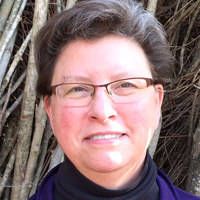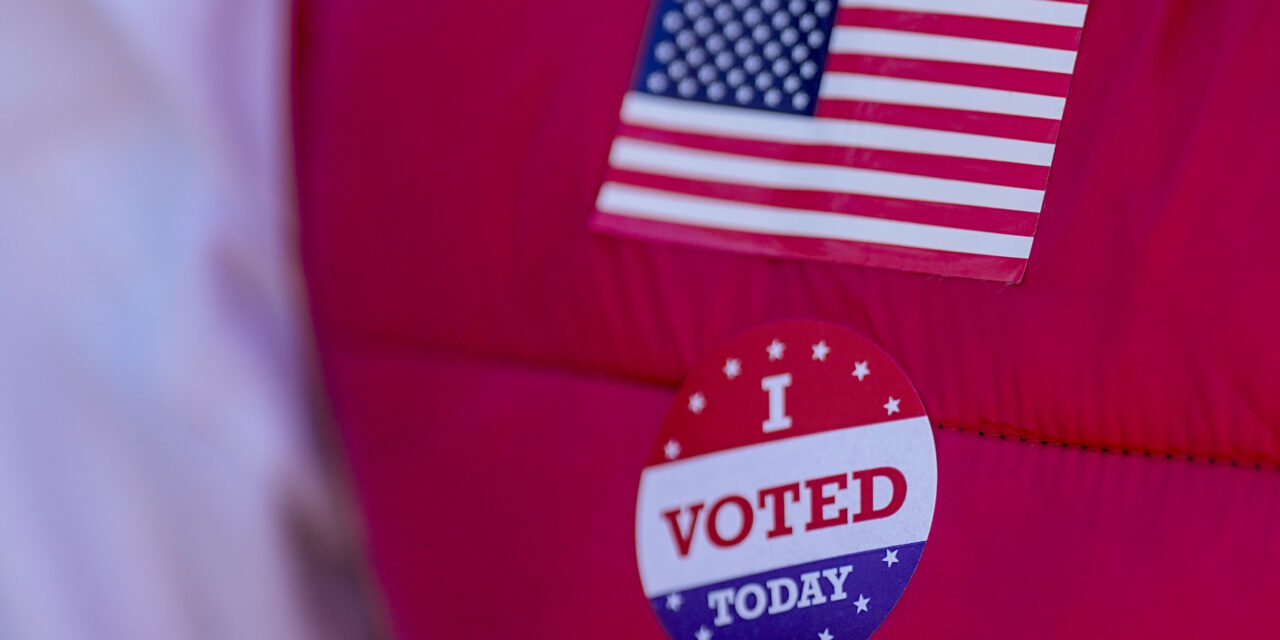This Just In – “A woman’s work is never done.” Remember that expression?
It was meant, I suppose, to pay tribute to the fact that if you devote yourself to caring for your family, making your household work and generally being an invisible part of the economic system, you never get to “punch out,” declare a project (the laundry, your kids, your parents) to be “finished.”
You might be done for today, but you’re never really done.
The underlying premise is that caring for the family is a wife and mother’s job as has traditionally been the case. This has certainly changed dramatically across my lifetime, but let me tell you about Emily, who was barely getting started in that track when something terrible happened.
Emily had her first child, a son, when she was just 18 years old. Her husband, Alexander, was 13 years older, but I’m confident that he never changed a diaper, washed a dish or stayed up all night with baby Richard when he had an untreatable ear infection or the measles or whooping cough.
It was 1894. None of our now-routine treatments and preventions existed for these and other scary ailments that killed many children. It was common to have six or eight children and have only half of them survive into adulthood. It was also common to never, ever discuss the crippling grief of such experiences.
In Georgia, in 1898, Emily gave birth to her second child, Howard. A couple of days later, at 22, she died from complications of childbirth. Emily’s work of being a mother, nurturing her family was not only not done it had barely begun.
The healthcare provided to Emily in 1898 was likely typical of what was available in the 19th Century. Perhaps she had developed hypertension or gestational diabetes or both. Regardless of the cause, like the women who are dying in 2024 for the lack of legal, available reproductive care, there’s an element missing in how we think of the devastating loss of a 22-year-old mother who will never raise her children.
The newly widowed Alexander, my great grandfather, was left to raise this newborn baby boy (my beloved grandfather) alone. He couldn’t do this, of course, so he handed his children to his sister for her to take care of them until he remarried.
In 2024, as we consider the consequences of these obscene abortion bans across half the country – these laws that mean legislatures and not doctors determine if and when medical intervention is permitted to stop an otherwise healthy young mother from dying because of a childbirth or other pregnancy complication – let’s think for just a moment about this as a men’s issue. A father’s issue.
In what world is it okay for a young father to be abruptly and unnecessarily widowed and stripped of his partner’s support for their shared dream of a home and family?
As we (thankfully) come to the end of the election cycle, I anticipate a joyful week next week, where America finally elects its first female president and closes the political chapter in the story of the 45th president – a person who has shamefully made claims of being “a protector of women whether they like it or not” while delivering us into an era of women’s healthcare very reminiscent (in the bad way) of that faced by my great grandmother, Emily Parker Plumley.
“Whether they like it or not,” said Trump this week. That’s right. It’s right there in front of us. In Trump’s America, the consent of women is not relevant – for anything.
Please get out and vote. Bring a friend. Vote early. Vote on Tuesday. Just VOTE.
(featured image: AP Photo/Chris Carlson)
 Jean Bolduc is a freelance writer and the host of the Weekend Watercooler on 97.9 The Hill. She is the author of “African Americans of Durham & Orange Counties: An Oral History” (History Press, 2016) and has served on Orange County’s Human Relations Commission, The Alliance of AIDS Services-Carolina, the Orange County Housing Authority Board of Commissioners, and the Orange County Schools’ Equity Task Force. She was a featured columnist and reporter for the Chapel Hill Herald and the News & Observer.
Jean Bolduc is a freelance writer and the host of the Weekend Watercooler on 97.9 The Hill. She is the author of “African Americans of Durham & Orange Counties: An Oral History” (History Press, 2016) and has served on Orange County’s Human Relations Commission, The Alliance of AIDS Services-Carolina, the Orange County Housing Authority Board of Commissioners, and the Orange County Schools’ Equity Task Force. She was a featured columnist and reporter for the Chapel Hill Herald and the News & Observer.
Readers can reach Jean via email – jean@penandinc.com and via Twitter @JeanBolduc
Chapelboro.com does not charge subscription fees, and you can directly support our efforts in local journalism here. Want more of what you see on Chapelboro? Let us bring free local news and community information to you by signing up for our newsletter.


